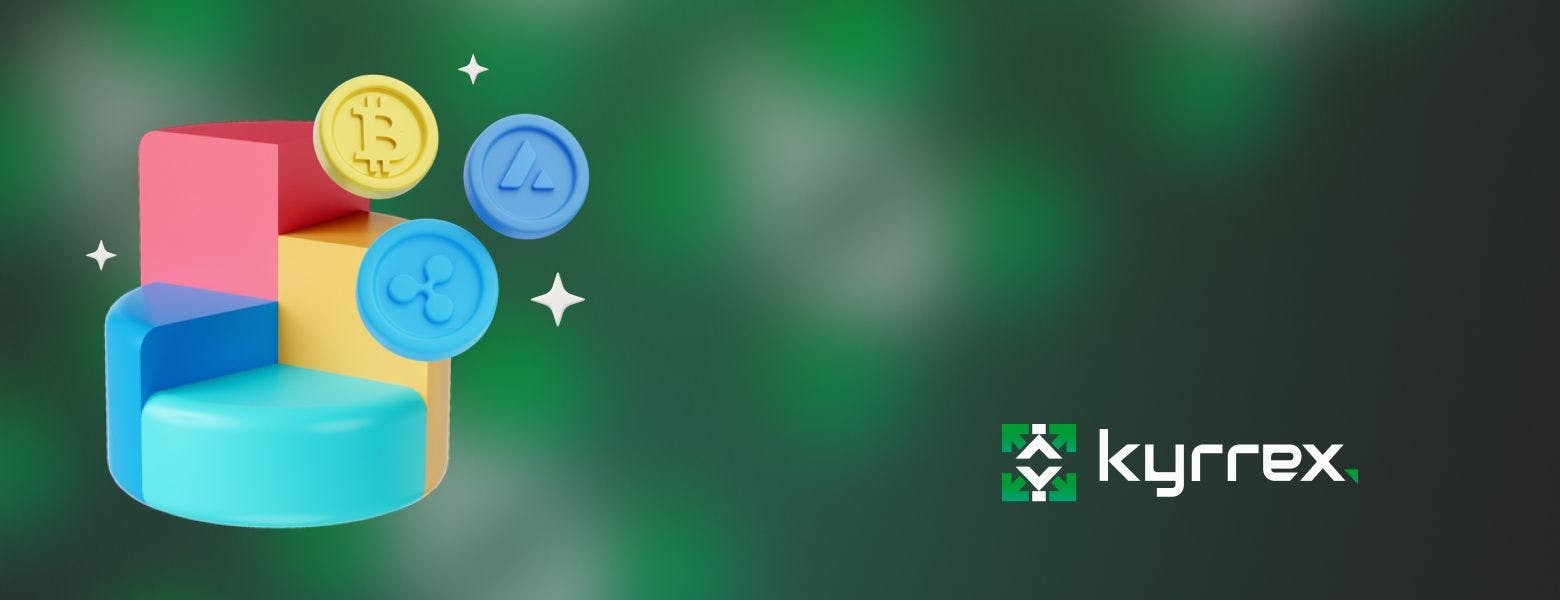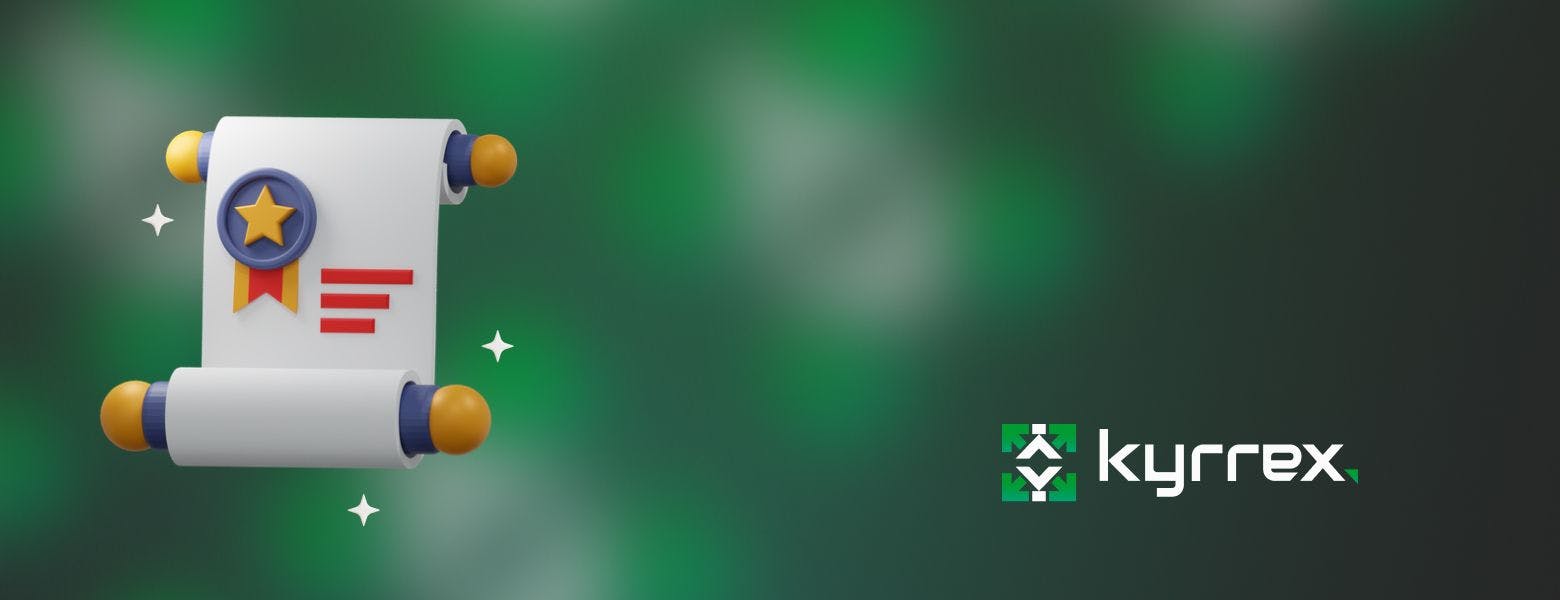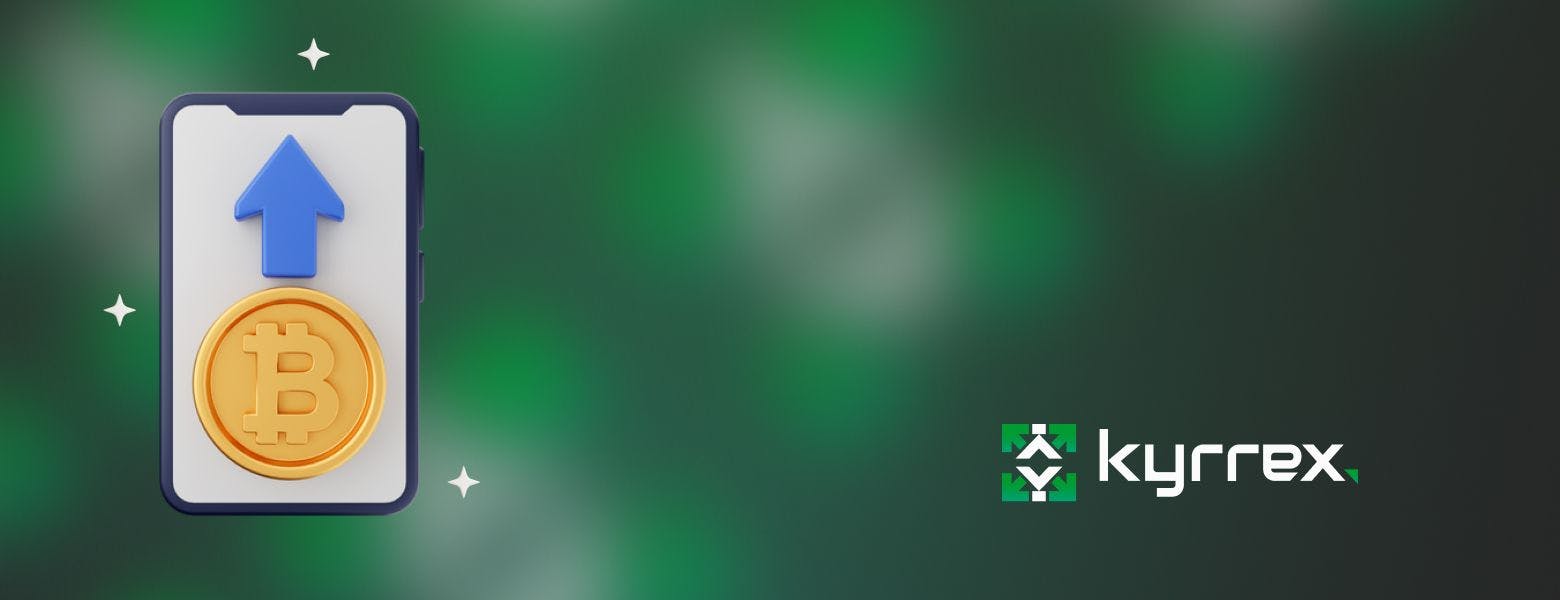
Top Ten Things You Can Buy with Bitcoin

Q: What can you buy with Bitcoin?
A: Everything
The race towards stress-free, productive and efficient everyday life is reaching an all-time high. Individuals are not the only ones digging around for methods to reduce the hassles involved in work and play; multinational corporations are also doing so. The Blockchain revolution came at just the right time with its many prospects, including the promise that ordinary people would be able to access services that are continents away without having to pay trolls and gatekeepers. Moreover, the currency of exchange would be finite, never bending to inflationary pressure, exchange rates, and every other factor that currently limits the traditional fiat system. But is this revolution relevant? Are the currencies that are emerging at every turn usable for everyday transactions? In other words, what can you buy with cryptocurrency?
Since the first recorded transaction of Bitcoin by pioneer Laszlo Hanyecz in 2010, the use of cryptocurrency to buy and sell has skyrocketed. In the same way, visionary individuals and organizations have set up trading platforms to keep the ball rolling. What this means is that the use of Bitcoin and its sister cryptocurrencies is doubling, tripling, quadrupling every day. The smartest companies, knowing this, are setting up online and offline platforms where you can use Bitcoin to buy almost anything, from groceries to online games, from computer parts to you-name-it.
So here are ten things you might be interested in buying with your bitcoin:
1. Food and drinks

When Satoshi Nakamoto launched bitcoin, its detractors dismissed it as a gimmick with a short shelf life. One of the concerns centered around what you can buy with Bitcoin. As it turned out, you can buy food with it. Laszlo Hanyecz is the very first person who used Bitcoin to do something other than making predictions on colourful line graphs and regression blueprints. He spent 10,000 BTC to buy two pizzas from a Papa Johns in Jacksonville, Florida, on May 20th, 2010. Ever since then, pizzas have become a kind of symbol for the everyday stuff that can be purchased or retailed using Bitcoins.
Bitcoins are about as precious as gold at the moment, if not more. However, the advantage of Bitcoin is its borderless nature. This means that as long as a grocer accepts cryptocurrencies as payment, you would be able to eat and drink at any private or luxury restaurant anywhere in the world without having to change your money into the national currency. Let’s not forget that the coin is digitally transferrable, which means that a tap on your phone screen could easily get you the most exotic meal ever. Of course, if the nearest restaurant to you accepts them, this is just as well. Today, Papa Johns in Jacksonville is not the only store accepting Bitcoins; Lightning Network has a platform that receives your Bitcoin and 1agets your food to you.
If you happen to be in the right KFC, Burger King, Pizza Hut or Subway branch and somehow left your wallet at home, you can use the wallet in your phone to pay for your meal with Bitcoin. Whole Foods and one or two other supermarket chains also let you buy groceries with Bitcoin.
2. Fashion (clothes and shoes)

If Bitcoin cannot be used to purchase the oldest needs of human society, it might be pretty useless to a lot of people. But this is not the case. With a bit of Bitcoin and network connectivity, you could browse through rows and rows of clothes from the comfort of your bedroom, select your choices and pay for them. There are no limits to the kind of clothes you can buy, costly or budget, or the clothing brand. The biggest designers, from Chanel to Clavin Klein, and several others on that grade are investing in and accepting Bitcoins. Even thrift shops are not left out.
Again, the trick is to get clothing stores that accept cryptocurrencies. More and more business organisations are creating online platforms to facilitate the process. However, getting a gift card from the store you want to patronise is one of the easier methods to know whether it accepts Bitcoins or not.
Tip #1 How to Buy on Amazon with Bitcoin
No, Amazon does not directly accept Bitcoin but there is a convenient workaround—there's always a workaround.
All you have to do is find a crypto site like Purse.io or Fold that offers middleman services on Amazon. In a nutshell, they can order a product on your behalf while you reimburse them with the equivalent value, in Bitcoin. Some of them can sell you Amazon gift cards which you can then use to buy whatever you want on the eCommerce service.
3. Video games and electronics
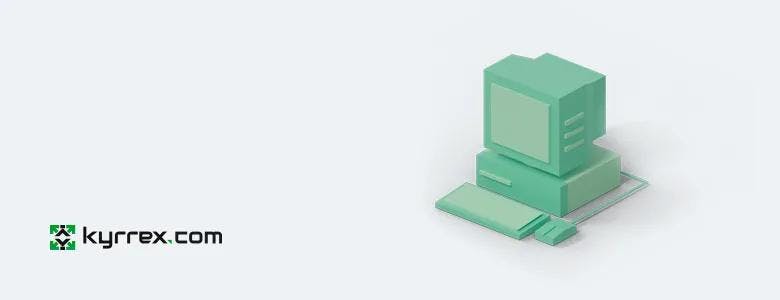
For geeks and other lovers of video games, this is one of the biggest selling points of the Blockchain revolution. Video game distributors and other stakeholders in the gaming industry have been using this opportunity rather well since 2016. Steam became even more popular that year when it became possible to buy Steam games with Bitcoin via its partners. Several other game merchants followed Steam's lead and jumped on the crypto wagon.
Now that all kinds of new devices, mobile phones and PCs, especially, are being optimised to provide exciting features and fantastic displays, BTC has allowed vendors to reach out to every corner of the world. There are even more platforms in this regard that help you buy video games directly from developers and retailers. Joltfun, Bitrefill, Keeps4Coins, Green Man Gaming, and several others are there to help you buy from Steam, Xbox, Nintendo, Rockstar Social Club, and even Google Play. Of course, you can buy directly from the big boys, like Xbox and Playstation Network, and not have to rely on these middleman platforms.
Not only can you use crypto to purchase exciting new titles from game distributors, you can buy electronics with bitcoin, including the consoles and computers the games are played on. You don't have to take our word for it. Find your way to Newegg and some other retail stores and you'll be able to pay for pretty much anything you fancy with bitcoin.
If you're looking for where to buy computer parts with Bitcoin, Newegg has got you covered as well.
Tip #2 Buying Bitcoin on eBay
If you're swimming in eBay gift cards, you can use a service like Paxful to convert them to Bitcoin, Tether (USDT) or Ethereum (ETH).
However, the transaction will not take place on eBay since the site doesn't deal directly with crypto. Simply go to the site of the crypto service and trade in your verified eBay gift card for the desired virtual currency.
There will be several offers listed by different vendors and it's up to you to choose the one with the best rates.
This is exactly the same method you can use to buy Bitcoin with razer gold gift cards on supported websites.
4. VPN
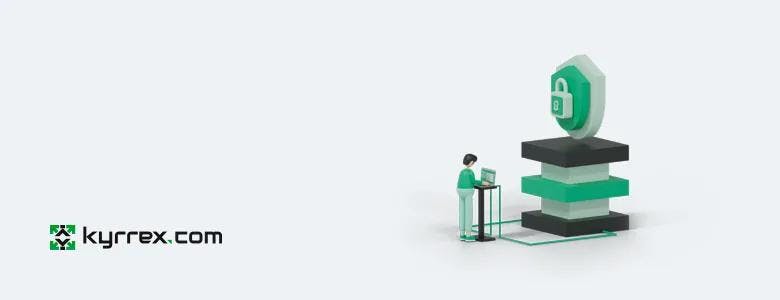
Identity and privacy are a big deal now. Many Virtual Private Network (VPN) providers have joined the crypto wagon long ago, which means that you can protect your identity with a bit of Bitcoin. Thanks to the COVID-19 pandemic that drove most people indoors last year, more VPN providers have joined the train and now accept Bitcoins. These include ExpressVPN, ProtonVPN, NordVPN, SurfShark, CyberGhost VPN, IPVanish, PIA, and many others.
One of the advantages of buying a VPN with Bitcoin is that you can easily evaluate the pricing and services available upon purchase. A single BTC, after all, is a single BTC when transacting with ExpressVPN or ProtonVPN.
5. Websites and web services

For a currency that is digital in its entirety, it would be a bit odd if it could not be used to buy websites and cloud-based services. Whether you are interested in a temporary cloud membership, or just want to build some features on your own website and require add-ons that are on sale, finding web hosting that accepts bitcoin is an easy task. MEGA, one of the biggest cloud-storage services, accepts Bitcoin, and so do others like the Wikimedia Foundation (the establishment behind Wikipedia). So you can buy several gigabytes of cloud-based storage or a domain name, a private server or anything along those lines with BTC.
You can evaluate the terms and pricing of each web hosting or cloud service provider and reward the one that offers you the best value with some of your satoshis (Bitcoin fractions) in exchange for a monthly, weekly or annual plan.
6. Tickets

Airline tickets, train tickets, tickets to go out on the sea, tickets for a show in the neighbourhood or the other end of the world, you name them. This is one of the areas where cryptocurrencies, as coins that do not recognise any kind of barriers and borders, come into their own. As more airline companies are finding out, some people prefer to have their wealth with them as they go, and so they have started to create online exchange platforms that not only accept your Bitcoin but also give you some in exchange for fiat currency.
Some of the airlines that accept Bitcoin are Virgin Galactic, CheapAir, Destinia, aitBaltic, Peach Aviation, Abitsky, LOT Polish Airlines, and several others. On their websites are options to pay in BTC, so the entire process is smooth and stress-free.
7. Cars

We have to thank Elon Musk for popularizing the idea of buying cars with BTC. Tesla made a big deal of selling out its cars in exchange for Bitcoins. That is, before Musk pulled out with an excuse.
Others have followed, naturally, which means that there is an entire industry of supercars waiting to be purchased with Bitcoins. Maybe you want something that is neither sleek nor likely to sink your entire savings in one transaction. No worries. There are brands and car dealerships that accept Bitcoin as payment, some of which sell only second-hand vehicles. So, if one of your crypto tokens has mooned enough to support your thirst for a Lambo, Bugatti, Porsche or a similar supercar brand to cruise around in, you can reach out to dealerships like BitCars, AutoCoinCars and others that wheel and deal in cryptocurrencies.
Note that the majority of car dealerships will only take Bitcoin if you are willing to make the transaction in the cryptocurrency. This means that you wouldn’t be able to buy the cars you want at such shops if you are not willing to pay only BTC for it.
8. Real estate

One of the selling points of Bitcoin at the moment is the prospect of long-term investment. Because people are still getting onto the cryptocurrency train, there is a tendency for the value to jump sky-high and plunge to the ground. A good example is the May situation when the value of a single Bitcoin fell below $30,000. Considering that the coin was worth about $64,863 a few weeks prior, this was scary. However, it was also an avenue to invest in a sector that is difficult to enlist in: Real Estate.
As the most profitable aspect of Real Estate is in its long-term investment factor, it is a perfect fit for Bitcoins. This is why realtor agencies like Bithome, WeWork, SafeWire, Republic, etc. are becoming increasingly popular. You can take advantage of this and buy properties with Bitcoin especially considering the hassles required when you want to pay with fiat money.
9. Gold
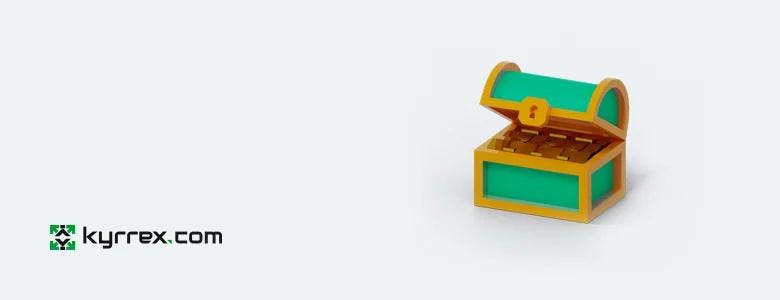
Gold has always been somewhat elusive. It is currently the most precious metal in the world as the gold market is worth about 11 trillion. This is one of the reasons some people take a binary approach to gold and bitcoins. For them, it is not to be or not to be. Why not just buy gold with Bitcoin and have both?
Almost anything can be purchased with Bitcoin today, and the world’s most precious metal is not exempted. If the fluctuation of Bitcoin prices scares you, you might as well buy gold which is considered by many to be stable and more secure. Platforms like European Mint and Bitgild are well-known for their interests in playing the merchant so you can exchange gold bars for Bitcoins and vice-versa at a reasonable rate.
10. Cryptocurrency
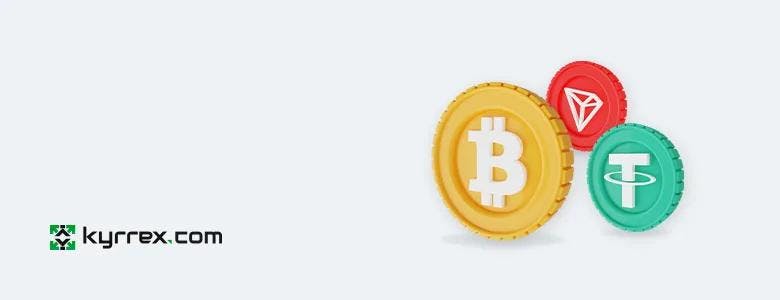
Naturally, you can use Bitcoin to buy other cryptocurrencies. Without question, this is the most popular way for people to acquire other digital tokens. This exchange is currently a mine because different crypto coins have varying exchange rates relative to BTC. If you think that a new coin that is currently worth 0.00001 percent of a penny is likely to significantly appreciate over time, you could buy a bunch of units with your Bitcoin. This is how Ethereum came into the picture and it is currently on the top shelf of cryptocurrencies. So yes, other currencies are a go.
With the price of BTC so high and most analysts projecting even higher gains in the future, it might not look very appealing to hold only BTC if you're a retail investor. Using your BTC to pivot into altcoins with strong base fundamentals and real-world use cases might just be your ticket to financial freedom. And this is perhaps the easiest thing to do with bitcoin: simply go to an exchange or DEX and buy (or swap) your BTC with the equivalent value of an altcoin you fancy.
Tip #3 How to Exchange Crypto
Exchanging one digital currency for another is pretty easy as long as you're aware of a few ground rules.
You can exchange your crypto on a centralized or decentralized exchange for another one by buying its trading pair. For example, if you hold BTC and wish to buy some Doge, you can do so by going to the Doge/BTC pair on the exchange and selling or swapping some of your bitcoin to acquire the equivalent value in Dogecoin.
BONUS: Pets

Animal meme-rs know doge as a particularly cute breed of the Shiba Inu dog that reached iconic status in the meme community. Crypto lovers know it as the code for Dogecoin, which briefly reached a market cap north of $81 billion on the back of an Elon Musk-inspired pump.
The success of Doge naturally gave rise to a plenty of coins with animal-inspired names and themes. With cats and dogs and their relatives in the animal kingdom playing such important roles in cryptocurrency's modern history, it's only fair to be able to spend some of the coins on animal supply. Stores like Bitshopping provide access to a whole host of pet supplies including but not limited to toys, food, and grooming tools. You just need to select your items, checkout, and then pay in crypto. Some sites out there even let you purchase pets with Bitcoin.
Tip #4 What Is the Smallest Amount of Bitcoin I Can Buy?
0.00000001 BTC or 100 million satoshis is the smallest unit of Bitcoin. In theory, this is the smallest amount of bitcoin that can be held.
In practice, the minimum amount of bitcoin you can buy depends on where you're buying it from. Each exchange has its own terms and conditions. Some can let you buy as low as 0.000001 BTC while others won't let you buy anything less than 0.0001 BTC.
BUY CRYPTO?
Are you a newbie to the Blockchain age and have no idea how to get bitcoin? It is relatively easy. There are estimated to be around 10,000 different crypto coins at the moment, some of which are raising money through initial coin offerings (ICOs). This is the easiest way to get crypto coins. Of course, it usually takes a while before a new coin gets you anywhere or anything. Therefore, if you are interested in cryptocurrencies enough to spend some money, you can directly buy established coins from many vendors and wallet providers. Not only can you buy bitcoin for long-term keeping, you can buy things with Bitcoin as well.
Knowing the different rates that these exchange companies charge per unit of Bitcoin is important. Google is your friend, so make sure to determine that you are getting the best rate from a reliable source. Of course, if you have a wallet, that resolves the issue, so you can buy airline tickets, video games, cars, or more crypto coins if you want. There is definitely a store accepting Bitcoin. You only need to search them out.
All in all, having Bitcoin is a gateway to endless possibilities. As more and more people and organizations get interested and involved with elements of the Blockchain revolution, especially crypto assets and currencies, the window of opportunity can only get wider and wider. Naturally, there are still a few limits to the wide usage of Bitcoins, especially since some companies are still hesitating. Nevertheless, the basics and luxuries of life are available for purchase by Bitcoin, you only need to know where these providers are.
So, if anyone were to ask you the question, "What can I buy with Bitcoin?", you can helpfully point them in the direction of this article.

